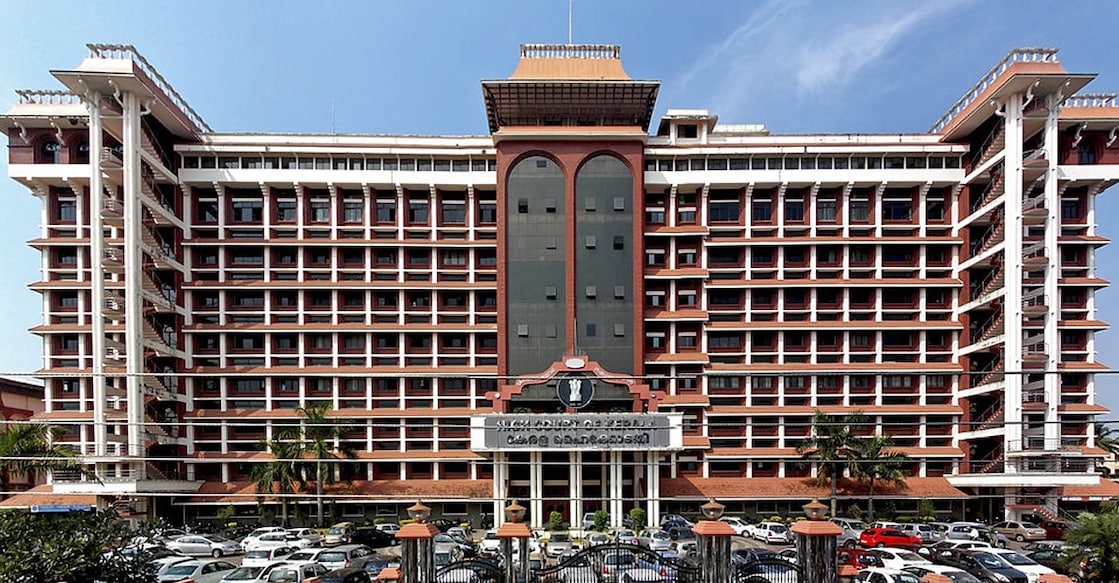EPFO cannot deny higher pension for bulk contributions: Kerala HC backs retired Milma employees

Mail This Article
Kochi: The Kerala High Court has ruled that the Employees' Provident Fund Organisation (EPFO) cannot deny higher pension benefits under the Employees' Pension Scheme (EPS) solely on the ground that the contributions were paid in bulk and not in the corresponding month.
Justice Murali Purushothaman passed the verdict while allowing a petition filed by a group of retired employees of Milma (Thiruvananthapuram Regional Co-operative Milk Producers Union Ltd – TCMPU). The court held that once EPFO accepts contributions based on the actual salary, it cannot later deny higher pension on the technicality of timing.
“The petitioners have complied with the requirements and the Employees Provident Fund Organisation, having accepted the contributions, cannot deny the petitioners the benefit of the higher pension… It is declared that the petitioners are entitled to get higher pension on actual wages,” the court stated.
Initially, TCMPU had made contributions to the EPS based on actual salaries. However, following a government directive, it began limiting contributions to the statutory wage ceiling. The affected employees challenged this decision in the High Court. During the course of litigation, the court directed TCMPU to set aside the excess amount in a separate account with a nationalised bank, to be later transferred to EPFO with 9% interest if the verdict favoured the employees.
Eventually, the High Court upheld the employer’s right to contribute beyond the statutory limit. TCMPU then transferred the accumulated contributions, along with interest and administrative charges, to the EPFO. However, the EPFO denied higher pension benefits, arguing that monthly contributions during the intervening period were capped.
The court dismissed this reasoning, noting that once the full contribution on actual salary was accepted, the employees could not be denied the corresponding pension benefits.
(With LiveLaw inputs.)

